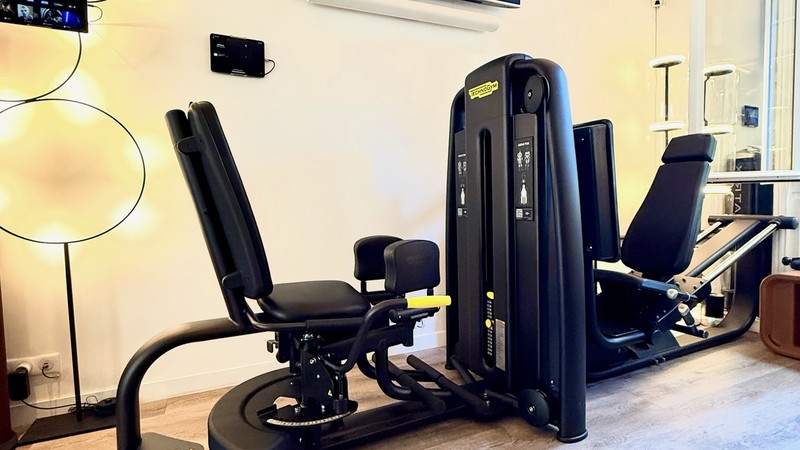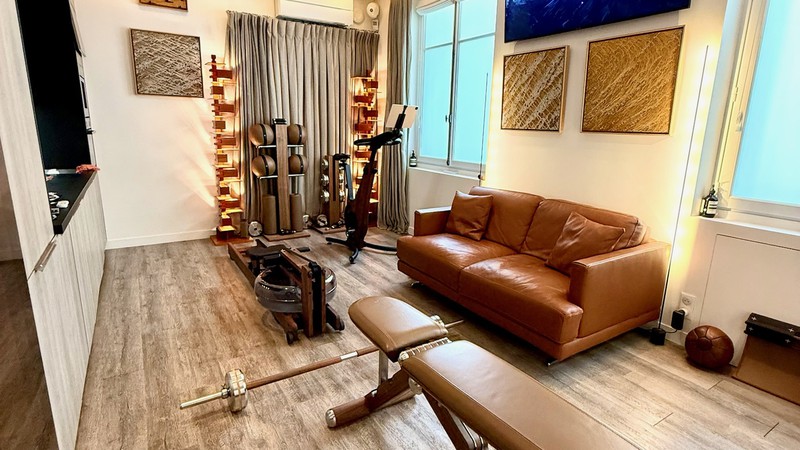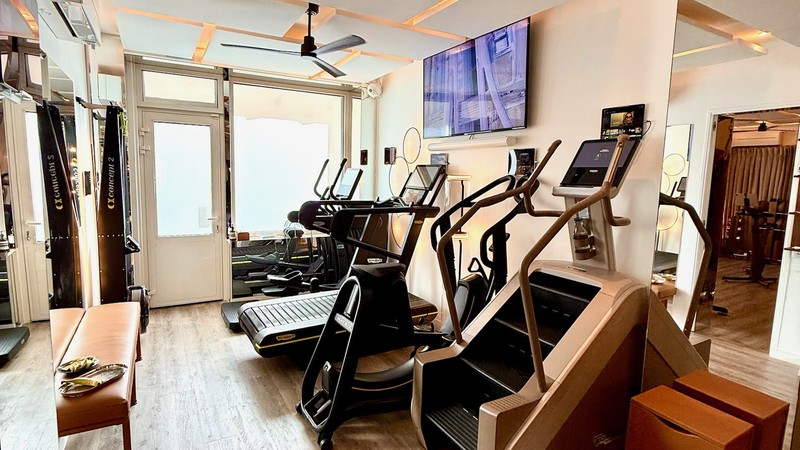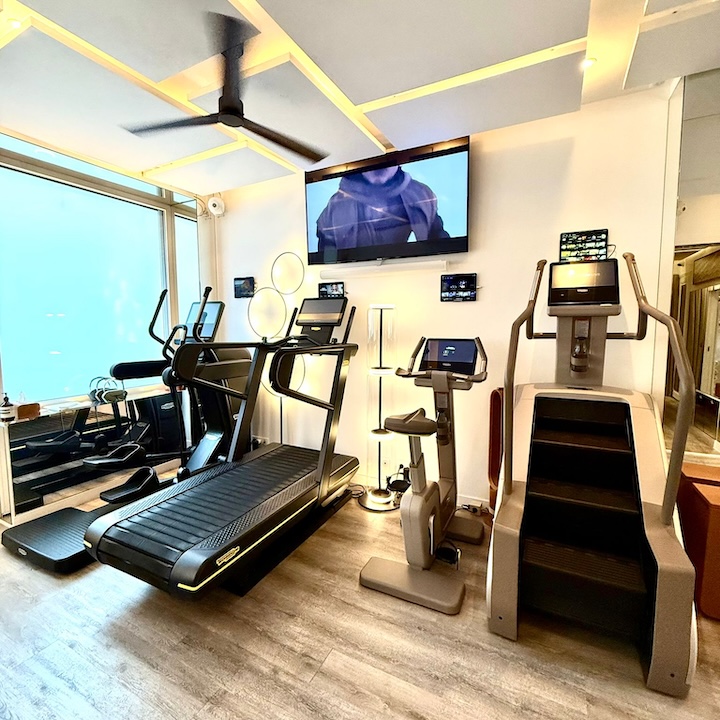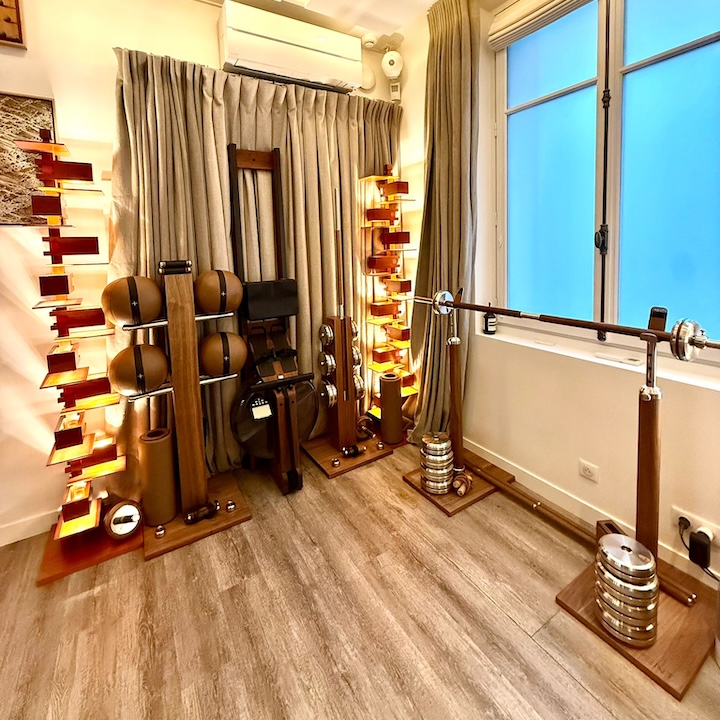Beyond the Burn: Managing Muscle Soreness with a Dedicated Coach
Soreness Is Not the Goal
Muscle soreness, often described as that post-workout ache, is a familiar companion to anyone committed to progress. But while soreness can sometimes signal that your muscles are adapting and rebuilding, it should never be the goal. In fact, unmanaged soreness can derail consistency, reduce performance, and increase injury risk. This is where working with a private coach becomes a real game-changer—not just to push harder, but to recover better.
DOMS: Understanding the Pain
Delayed Onset Muscle Soreness (DOMS) typically sets in 12 to 72 hours after a workout, especially when trying new movements, lifting heavier, or increasing intensity. It's caused by microscopic damage to muscle fibers during eccentric contractions. While it's part of the adaptation process, excessive or prolonged soreness can indicate poor recovery or inadequate programming.
A good coach helps interpret these signals. Are you sore in the right places? Is this soreness expected - or excessive? Instead of guessing, you have expert insight to adjust and prevent unnecessary strain.

Training Smarter: Programming to Avoid Overload
Soreness often stems from training errors: doing too much, too soon, or doing movements your body isn’t ready for. A private coach designs progressive workouts tailored to your current level and goals. Whether you're coming back from a break, increasing volume, or trying something new, programming is key.
A smart coach will introduce new stimuli gradually. For example, rather than throwing you into high-rep squats on Day 1, your plan might include mobility work, tempo training, and controlled eccentric movements to condition your muscles without overloading them.
Recovery Is Part of the Plan
Recovery isn’t a passive process - it’s an active part of your training. Coaches like Louis Fabre make it a non-negotiable. Sessions might include dedicated cooldowns, mobility drills, or low-intensity movements designed to flush out lactic acid and support circulation.
A dedicated coach helps you build a routine that integrates recovery: when to rest, how to stretch, and what to eat. You’ll also learn how to incorporate active recovery sessions—like walking, gentle cycling, or swimming - to reduce inflammation and improve blood flow between more intense workouts.
Stretching and Mobility: The Forgotten Tools
Far too often, stretching and mobility work are an afterthought. But they’re essential for managing soreness and maintaining joint health. A private coach doesn’t just tell you to stretch - they teach you how, when, and what to focus on based on your specific needs and imbalances.

Personalized mobility drills after sessions can dramatically reduce tightness, improve posture, and make movement patterns more efficient. Over time, this doesn’t just reduce soreness—it increases the quality of your lifts and reduces injury risk.
Nutrition and Hydration: The Invisible Allies
What you eat and drink plays a massive role in recovery and soreness. Proper protein intake supports muscle repair. Carbs replenish glycogen. Antioxidants help reduce inflammation. Hydration ensures nutrient delivery and tissue recovery.
Coaches like Louis Fabre guide clients on basic nutritional practices that support recovery, tailored to their activity level. It’s not about following a strict diet - it’s about fueling intelligently to train consistently.
Listening to the Body: The Coach’s Role
One of the most underestimated benefits of working with a private coach is learning how to listen to your body. Are you pushing through pain - or discomfort? Are you recovering fully between sessions? Are your patterns of soreness normal for you?
Over time, a coach helps you develop this awareness and build training sessions around how your body feels—not in spite of it. This self-knowledge is a powerful tool that most people never develop on their own.
The Science of Soreness: What Research Says
A 2020 study published in the Journal of Strength and Conditioning Research examined the role of structured recovery protocols in reducing DOMS. It showed that individuals following professionally guided recovery strategies—such as scheduled mobility, nutrition, and periodized training—reported significantly lower soreness and greater consistency in training over a 6-week period compared to those self-managing without guidance.
(https://journals.lww.com/nsca-jscr/Abstract/2020/05000/Effects_of_Postexercise_Recovery_Interventions_on.17.aspx)

Soreness Doesn’t Equal Progress
Here’s the truth: being sore isn’t proof you trained well. It’s not a badge of honor. Real progress comes from consistency, not from “destroying” yourself every session. A coach helps you shift from chasing soreness to chasing performance.
You’ll train with more purpose. You’ll recover faster. You’ll avoid burnout.
Customizing Load and Volume
One of the most powerful tools in a coach’s toolkit is auto-regulation: adapting the training load and volume based on how the client feels on a given day. Some days, you’ll go heavier. Others, you’ll back off. This flexible approach not only reduces the risk of soreness but improves performance over time.
Louis Fabre’s coaching integrates this philosophy into each session, especially with clients who train regularly and want to avoid downtime due to fatigue or DOMS.

Mental Recovery and Body Awareness
Training is not just physical—it’s deeply mental. A private coach helps you understand how fatigue, stress, and emotional load impact your body. Muscle soreness may feel physical, but it’s also tied to nervous system stress.
Coaching helps build routines that support both body and mind: clear boundaries between work and training, post-workout rituals, and breathwork that fosters relaxation and nervous system recovery.
Final Thoughts: Build Resilience, Not Just Muscle
The goal of any effective training program isn’t just to make you stronger - it’s to make you last. That means being able to train week after week, month after month, without falling off track due to injury or fatigue.
With a private coach, you’re not left guessing. You’re supported, guided, and protected - so you can enjoy every rep and recover with intention.



